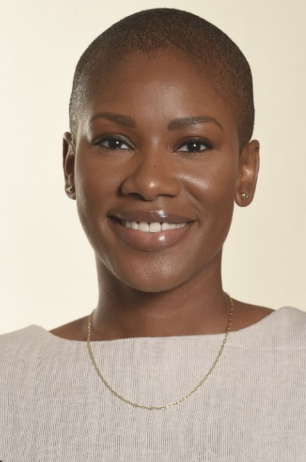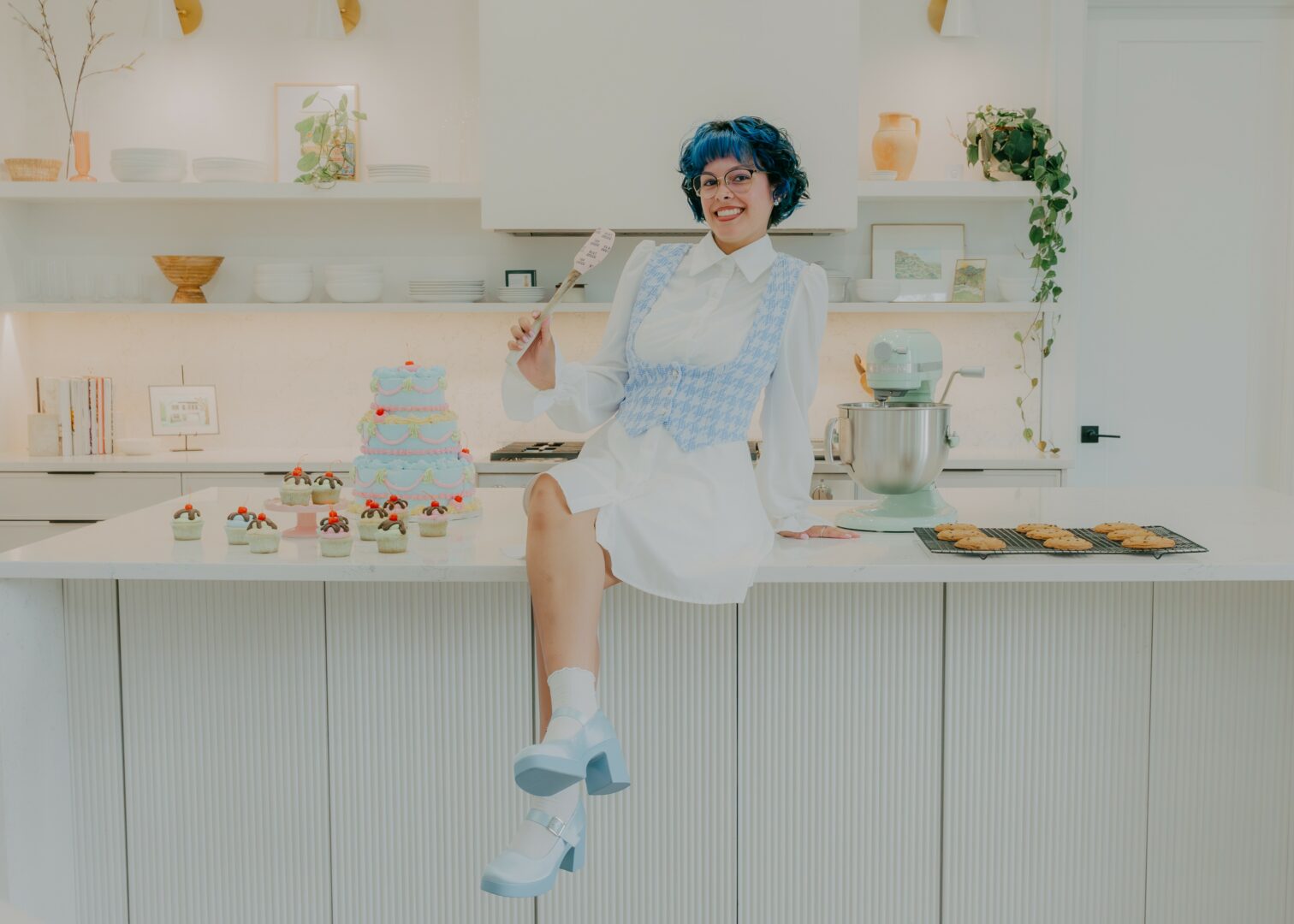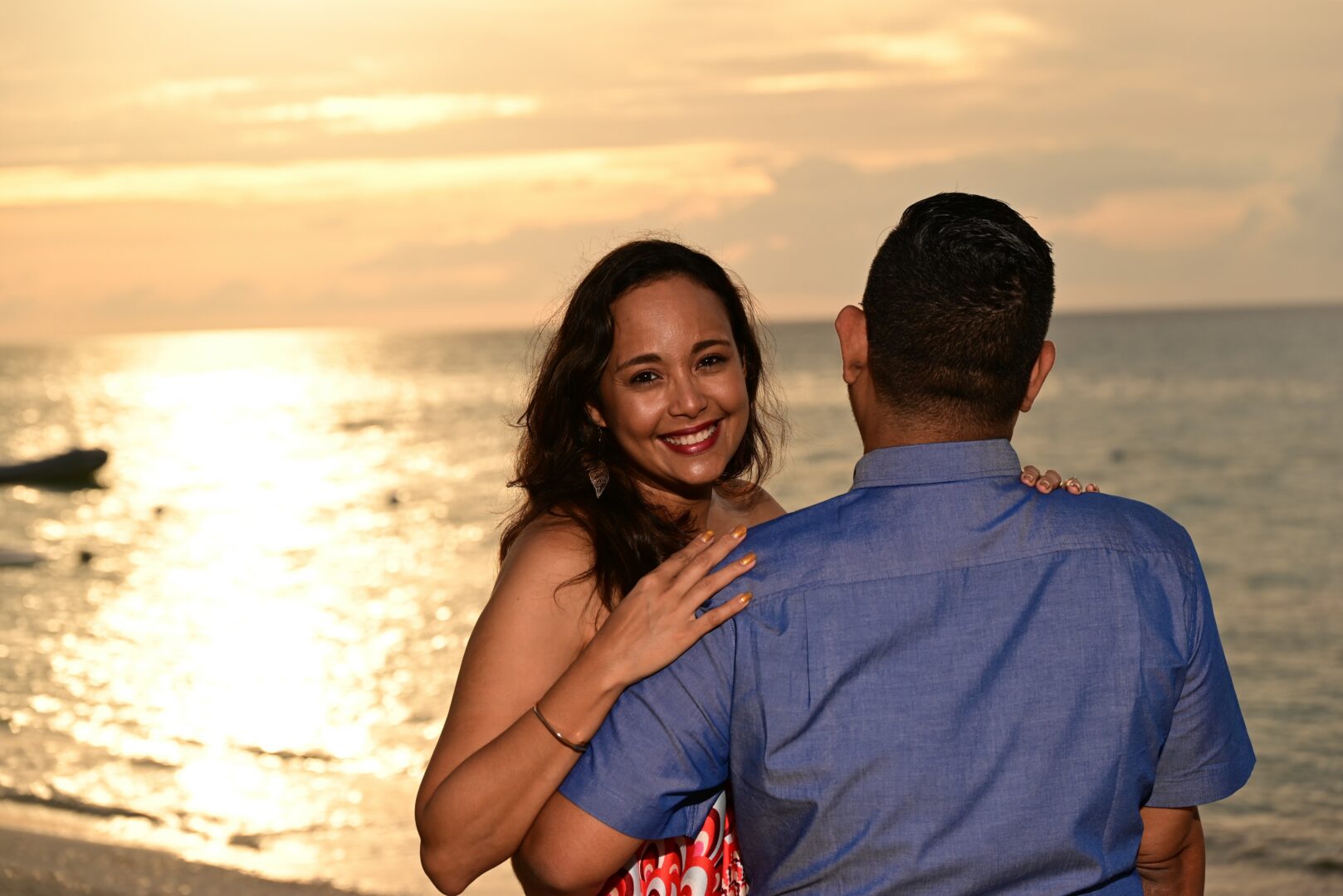We were lucky to catch up with Jelisa Jendayi Grant recently and have shared our conversation below.
Jelisa Jendayi, first a big thank you for taking the time to share your thoughts and insights with us today. I’m sure many of our readers will benefit from your wisdom, and one of the areas where we think your insight might be most helpful is related to imposter syndrome. Imposter syndrome is holding so many people back from reaching their true and highest potential and so we’d love to hear about your journey and how you overcame imposter syndrome.
As a first year teacher, imposter syndrome is something I’ve faced consistently, especially in a hands-on role like teaching, where every day brings new challenges and sometimes pushes me beyond my official job description. A lot of the students I work with come from very adverse backgrounds, and there was no amount of graduate school that could prepare me for what teaching in an inner city public school was like. In a space where there was already a lack of resources, I quickly developed a ‘can-do’ attitude because in some circumstances, if I didn’t do it, then who would? This allowed me to not only trust myself a little more, but also be open to learning from others and really putting feedback into practice. Building community has also been a core part of my growth as a teacher because I worked closely with colleagues who had so many different areas of expertise.
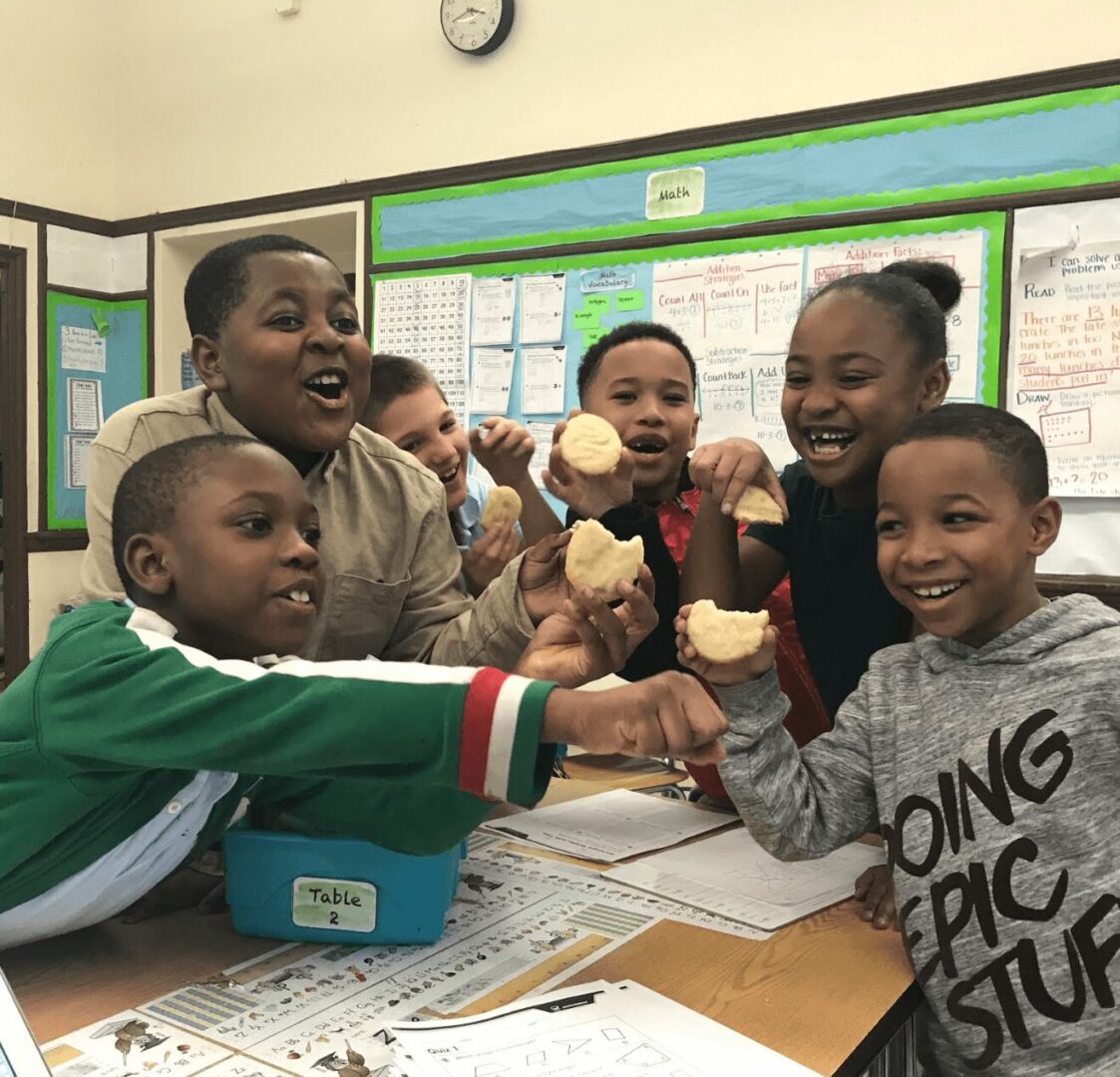
Let’s take a small detour – maybe you can share a bit about yourself before we dive back into some of the other questions we had for you?
As an elementary special education teacher, I get to experience joy on a daily basis as my students learn about themselves and the world around them. At this age, children develop a sense of independence, build social-emotional skills, and make big academic leaps. It is so rewarding to guide them through that journey. I have always enjoyed working with children, but as I grew to be an effective teacher, I’ve learned more about the importance of building relationships and community. A lot of my work has very little to do with academics, and more about creating a safe and loving space for students to be themselves. I believe it is with that kind of community support that we really get to see growth. Next steps for me include a role in educational leadership, as I believe I can make a lasting impact on a larger scale, but for right now am fulfilled with the opportunity to continue to learn and grow alongside my students.
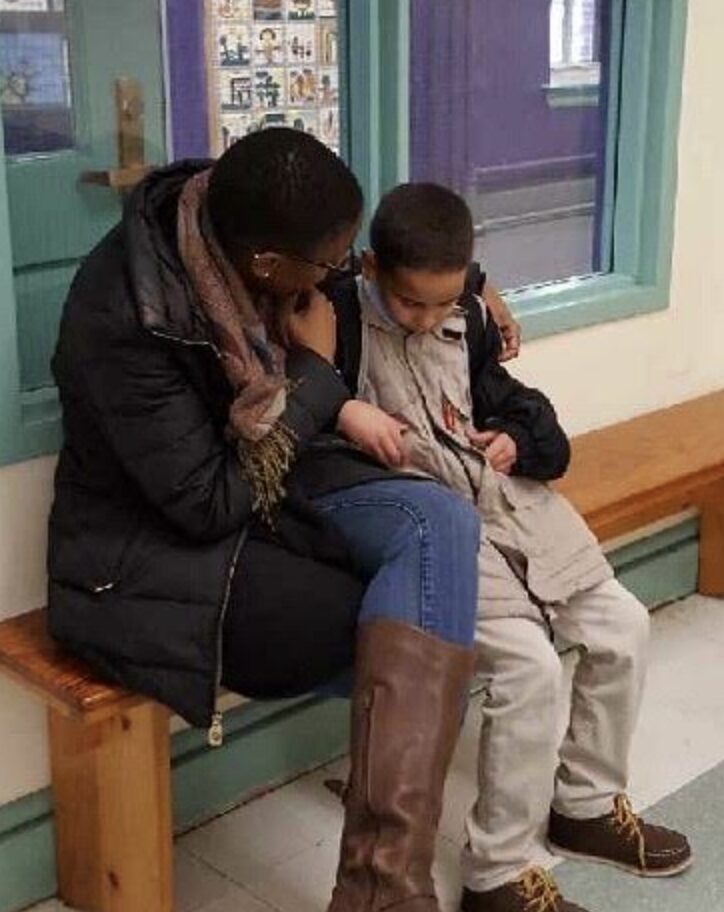
If you had to pick three qualities that are most important to develop, which three would you say matter most?
I thrive off of feedback and I am grateful to have had three amazing school leaders in my career that poured into me, so that I can pour into my students. As I mentioned before, building relationships is a major part of teaching, so through them I’ve learned to lead with compassion, relatability and trust. I believe students feel cared for and valued in our space and that is what ultimately leads to their improvements. For those considering a career in education, I would encourage you to prioritize preparation and organization in advance, so that when you are actually doing the work, you can put most of your energy into getting to know your students on a deeper level, which will help you make better decisions in the learning process. Sometimes, students will need guidance, sometimes they will need motivation, and sometimes just a listening ear. Navigating a classroom of different personalities and needs requires you to be fully present and able to pivot as necessary.
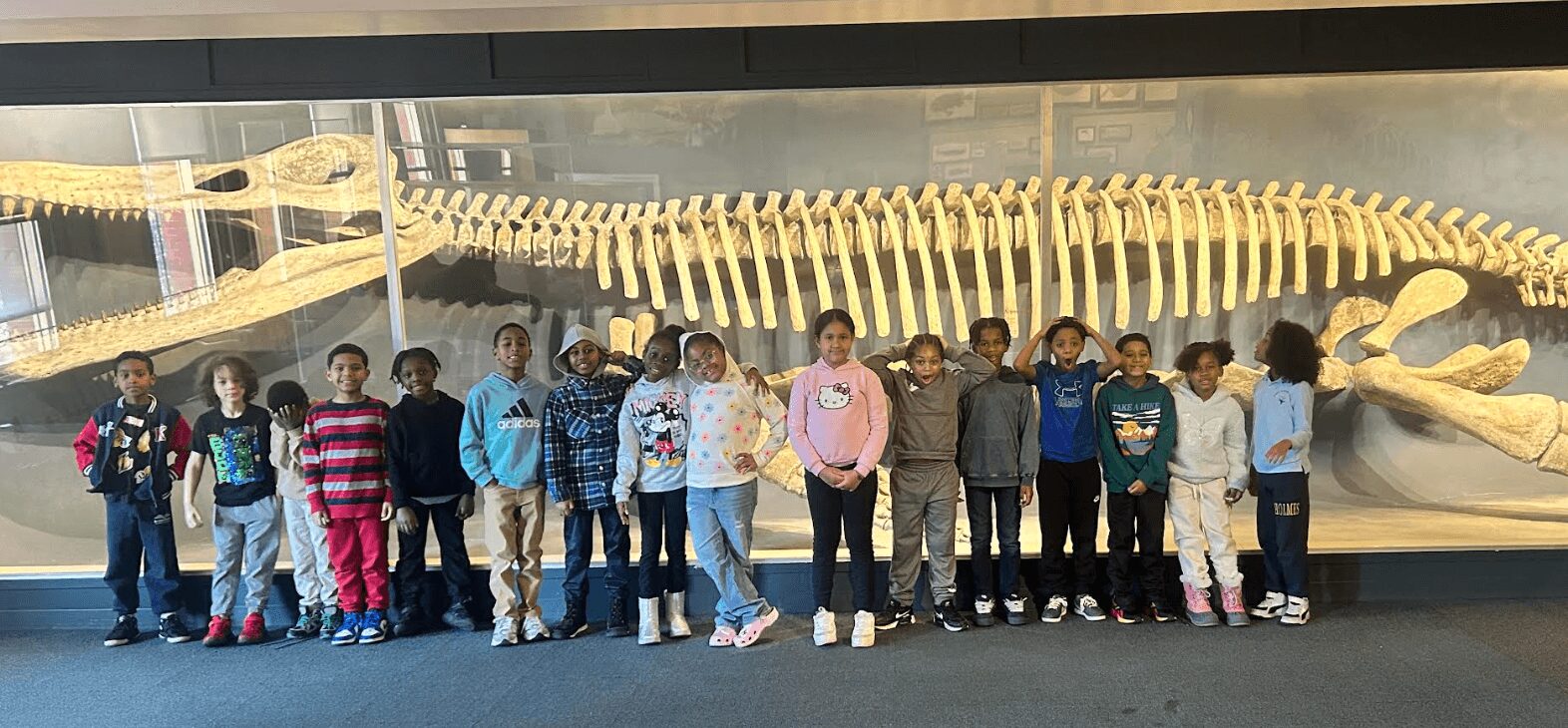
Before we go, maybe you can tell us a bit about your parents and what you feel was the most impactful thing they did for you?
Growing up in a family of educators and artists, I was immersed in a world that celebrated both curiosity and expression. The most impactful thing my parents have done for me is give me the freedom to learn about myself, no matter what that journey looked like. Their main concern for me was to be happy, so rather than directing me toward a specific path, they encouraged exploration. I never felt the pressure of having to have certain grades or have a particular career. Of course there was guidance and a lot of love, but their trust allowed me to discover where I was supposed to be, which happened to be in the classroom. They praised effort, kindness, creativity and resilience, not just outcomes. This kind of support helped me to develop a strong sense of self and a level of confidence to make good choices. As a result, I’ve always felt empowered to explore, make mistakes and be true to my values, all of which are essential to my teaching practice.
Contact Info:
- Instagram: @je.lisa.jenday.i
- Linkedin: https://www.linkedin.com/in/jelisagrant/
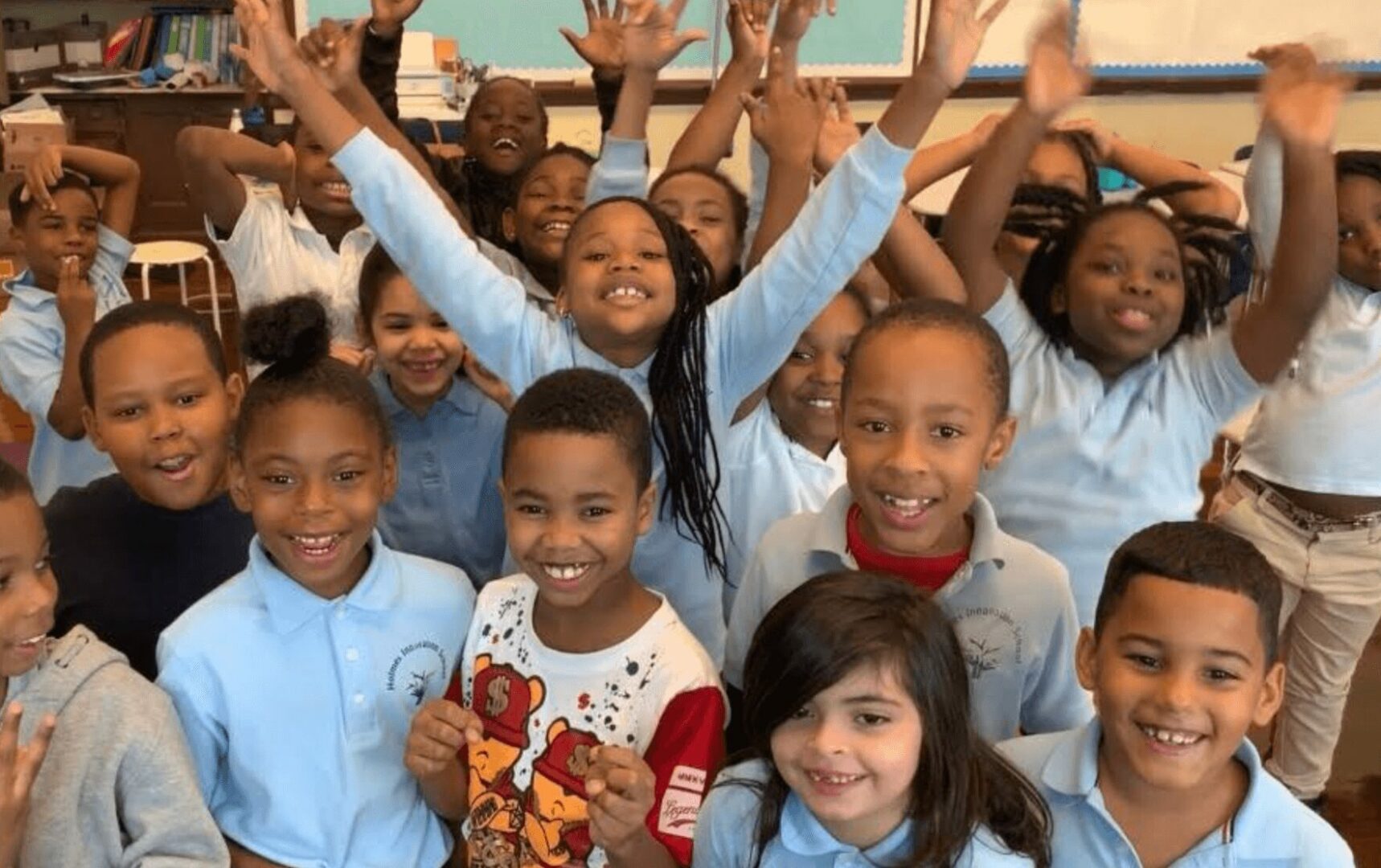
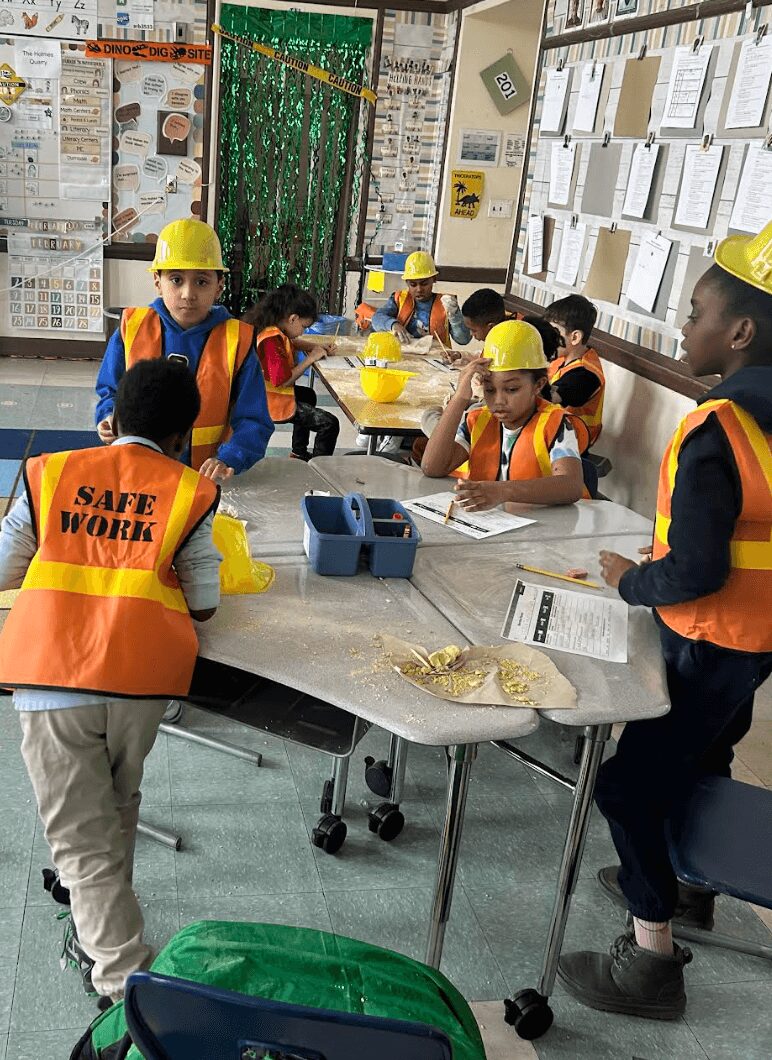
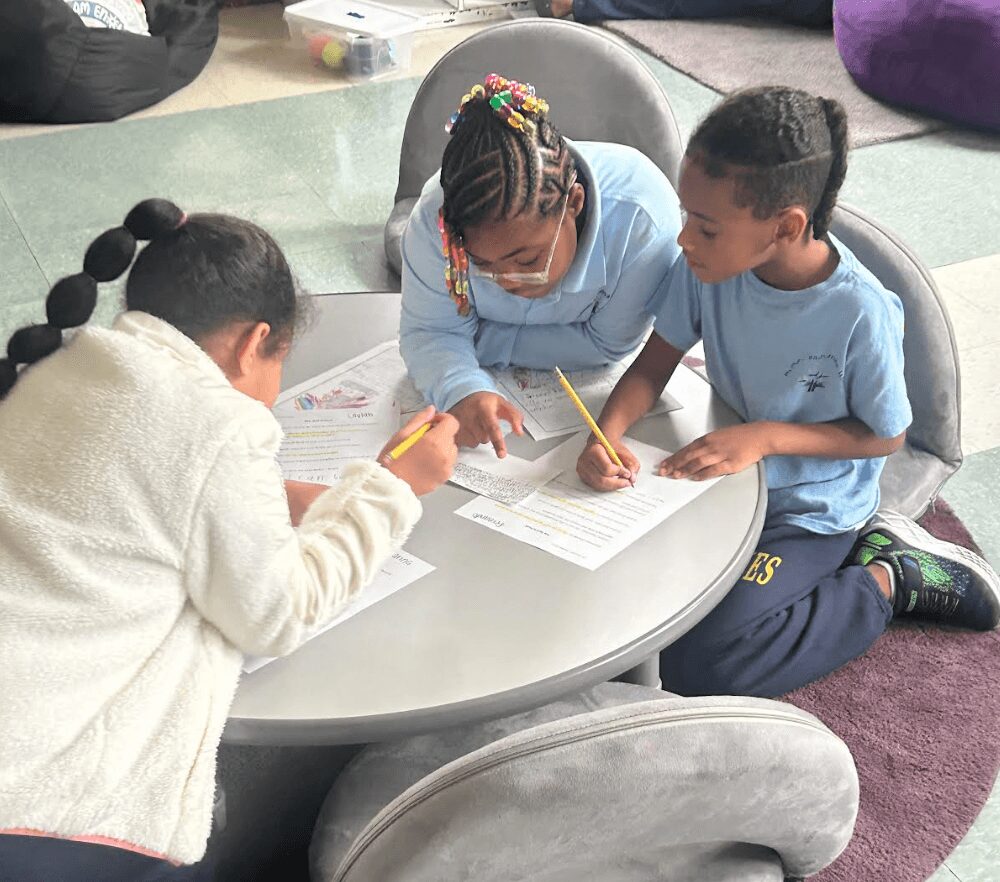
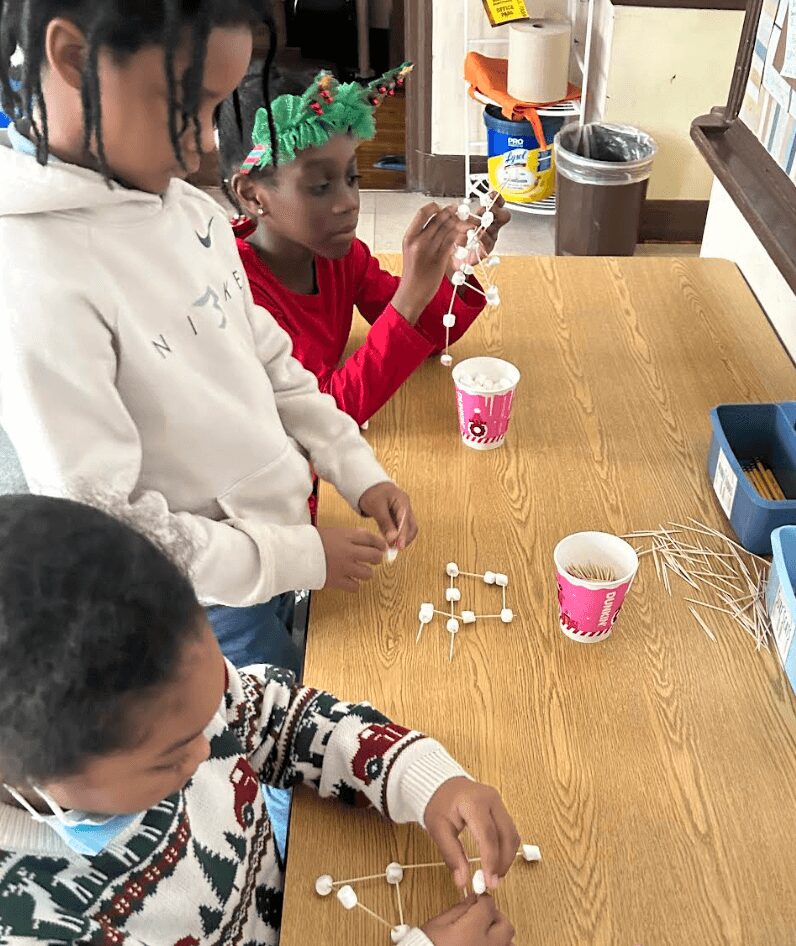
Image Credits
Jelisa Grant
so if you or someone you know deserves recognition please let us know here.

